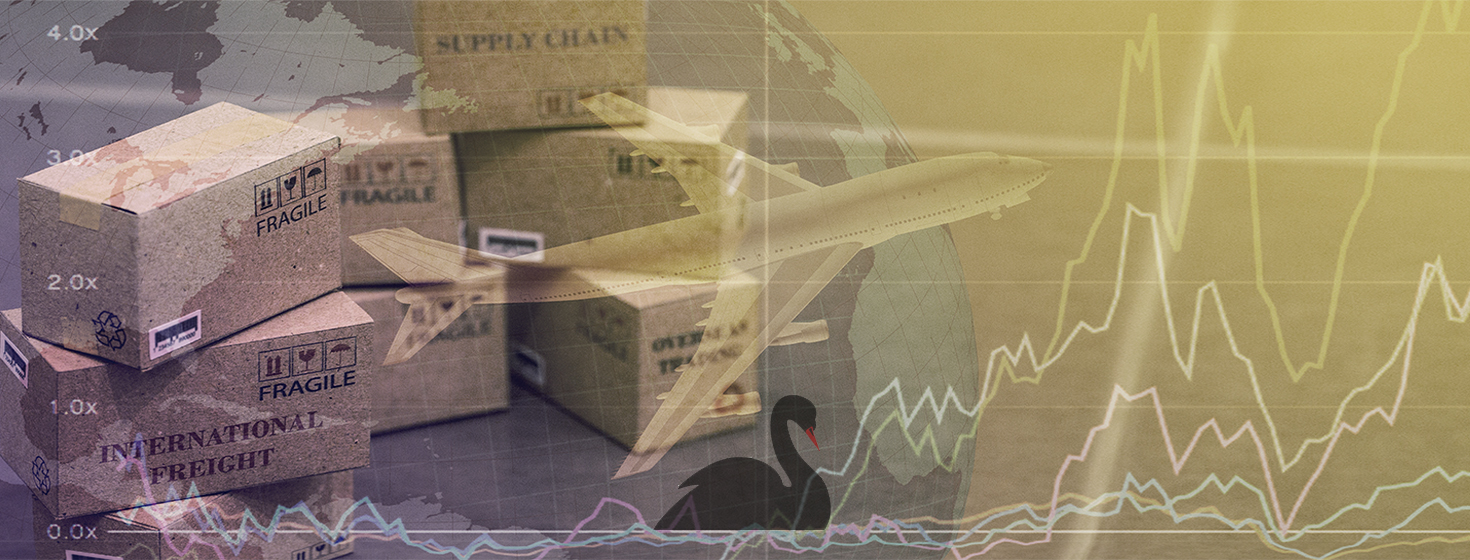Resilient Supply Chains in a Politically Uncertain World
The Resilient Supply Chain
Today, the supply chain world iterates faster than at any other point in history. Disruptions – whether related to climate change, trade wars, or a no-deal Brexit – are a given, and black swan events aren’t surprises anymore. We know that the next event is coming fast and supply chains will have to react. So why have we not burned that understanding into our business DNA? Why are we still trying to leverage strategies developed 50 years ago and technologies unaligned to today’s needs?
What I mean is that every supply chain, everywhere, should be prepared at a moment’s notice to shut down, pivot, and spin up whatever operations it needs to, wherever it needs them. I’m of the strong opinion that if supply chain professionals reframe their thinking and look at uncertainties as opportunities then they will thrive. This thought came to me while reading an article on US trade disputes with China, or maybe it was an article on Brexit.
While I understand how conflicts arise, I have a hard time accepting why they are as adversely impactful to supply chains as they are. Contingency planning should cover for every possibility, and the overreliance on any single supplier or region is not smart business anymore. If the year was 1492 or 1839 or 1979, I could understand the desire to optimize a linear supply chain. That’s not the case today. With the advent of cloud technology and the reality of global markets – fallout from any one country’s instability or trade war can be mitigated.
Three Legs of a Resilient Supply Chain:
- Availability: For systems to work they need to be ON. As long as power and cloud servers exist, then a supply chain cannot be existentially threatened.
- Operational Flexibility and Configuration: Facilities available on a single network eliminate siloes and allow for customized configuration.
- More Control: Control is based on visibility, on knowing and seeing exactly where inventory is all the time.
What About Lost Goods?
Declare them lost, minimize losses, and deal with the repercussions.
Over the last two generations, western economies relied on an uncompetitive market to produce goods. Since 2010 the world has effectively been relying on an industrial monopoly.
It may have seemed like a good idea to rely on a single, cheap source of manufacturing fifty years ago. However, by choosing this path, countries damaged their own manufacturing economies.
They also exposed themselves to the exclusive possession and control of that same, supplier. That’s when the system naturally started to collapse. And that’s when the world began to see price-fixing and currency manipulation, among other signs of deterioration. What would you do if you ran a monopoly?
A dearth of suppliers is what companies are now contending with. There is no easy way out.
Read more at Resilient Supply Chains in a Politically Uncertain World
Share your opinions with us in the comment box and subscribe to us to be the first one to get updates.





